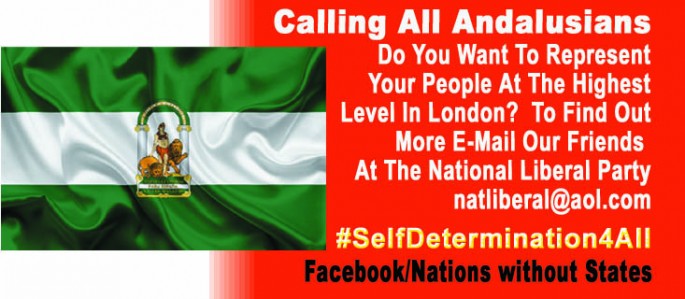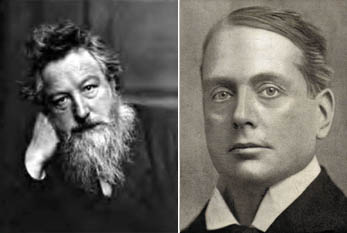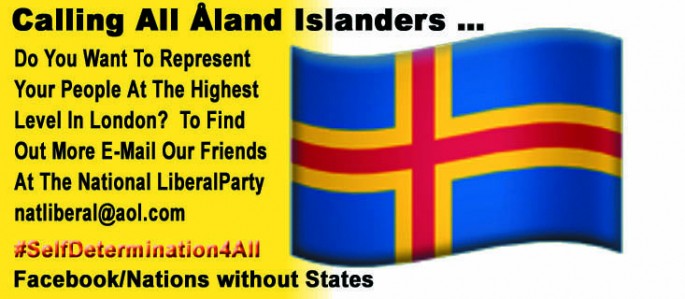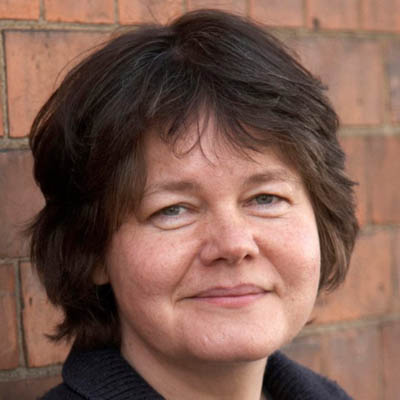Health Care Waiting Times Shock

Top: Ernest Brown was the Lıberal Natıonal (National Liberal) Mınıster for Health from 1941 – 1943. He commıssıoned the Beverıdge report that ultimately led to the introduction of the NHS. Centre: Aneurin ‘Nye’ Bevan (1897 - 1960) was the Labour Minister of Health who formally introduced the NHS in 1948. Bottom: Elisa O’Donovan (Independent Councillor for Limerick City West, in Éire) recently revealed that the waiting time for a routine diabetes appointment is five years!
NATIONAL LIBERALS are right to be proud of the National Health Service (NHS). Introduced 72 years ago, it replaced a patchwork of private, municipal and charity health insurance schemes. The NHS provides ‘care based on need and free at the point of delivery’ and is said to be the envy of the world.
The NHS was formally introduced – via the National Health Service Act 1946 – by Aneurin ‘Nye’ Bevan, the Labour Minister of Health on 5th July, 1948. This meant that all UK residents were given the right to access health services offered by doctors, nurses, midwives, and dentists without having to pay directly. In Bevan’s words ‘no society can legitimately call itself civilised if a sick person is denied medical aid because of lack of means.’
However, it could be argued that the NHS wouldn’t have come into being without the vision and work of Ernest Brown – the Lıberal Natıonal (National Liberal) Minister for Health from 1941 – 1943. He commissioned the Beverıdge report that ultimately led to the introduction of the NHS. (Brown was a socially progressive Liberal and was also responsible for the Unemployment Insurance (Agriculture) Act, 1936 which extended social security to nearly all workers in agriculture, forestry and horticulture.)
Despite the NHS being our National Pride, it has been underfunded for years. Many people would view this underfunding as a deliberate policy as it’s obviously caused problems in terms of staffing and efficiency. This has led to people joining private healthcare schemes and calls for parts of the NHS to be privatised. Here, capitalist concerns will simply cherry pick the most profitable sevices.
Despite these many failings, spare a thought for those who suffer from diabetes across the Irish Sea in Éire. For in the general Limerick area the waiting time for a routine diabetes appointment is five years! (For those who don’t know, if diabetes – specifically type 2 diabetes – isn’t managed correctly it can lead to all sorts of complications. These range blindness, to amputations, to heart disease.)
The shocking information relating to waiting times was confirmed by the University Hospitals Group in a response to a query raised by Independent Councillor Elisa O’Donovan –https://www.facebook.com/elisaodonovanlimerick/ Councillor O’Donnovan, who represents Limerick City West, described these delays as ‘unacceptable’ and called for more ‘staff and resources living with this chronic condition.’
The problem is alleviated slightly as local GPs can perform blood sugar tests over the long term. They can also presciribe medication. However, it’s absolutely essential that new patients get specialist advice that a GP can’t provide. New patients also need to meet dieticians & may need specialised tests.
We agree with Councillor O’Donnovan’s comments about the unacceptability of the five-year waiting list. We also support her call for more staff & resources. However, the National Liberal Party feels that there’s a deeper problem here, which touches every corner of the British Isles. We feel that more urban, sedate lifestyles and inorganic diets – where many folks appear to live on junk food and sugary drinks – have played an important part.
Indeed, as the introduction to our recent Liberty & Nation debate – http://nationalliberal.org/liberty-nation-debate-3 – noted ‘we feel that there’s a lot of merit in the old saying ‘you are what you eat.’
We’d prefer a more rooted, organic and decentralised way of life. We also believe that ‘Small is Beautiful’ – thus we support ‘small government’, regionalism, localism, food sovereignty, sustainability and selfsufficiency.’
Our introduction also asked ‘how ordinary working folks could afford organic food & how the power and influence of the big agricultural companies would be delt with.’
These are huge questions when it comes to the health of any nation – and we acknowledge that it’ll be impossible to tackle them overnight. However, we hope to both examine these questions & provide answers in the future
articles.
• WE WOULD also recommend reading the following in conjunction with the above article: News From Nowhere – Poverty & Homelessness in Britain & Éire http://nationalliberal.org/news-from-nowherepoverty-
homelessness-in-britain-eire
• ALSO CHECK OUT Facebook/National Liberals https://www.facebook.com/groups/52739504313/
Date: September 12, 2020
Categories: Articles




































